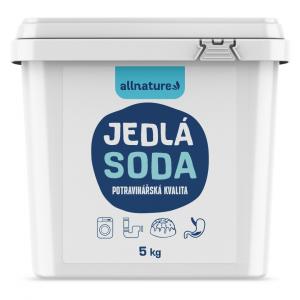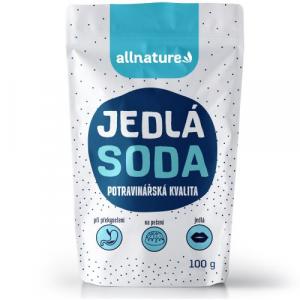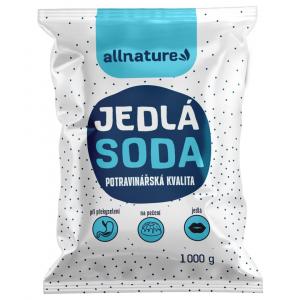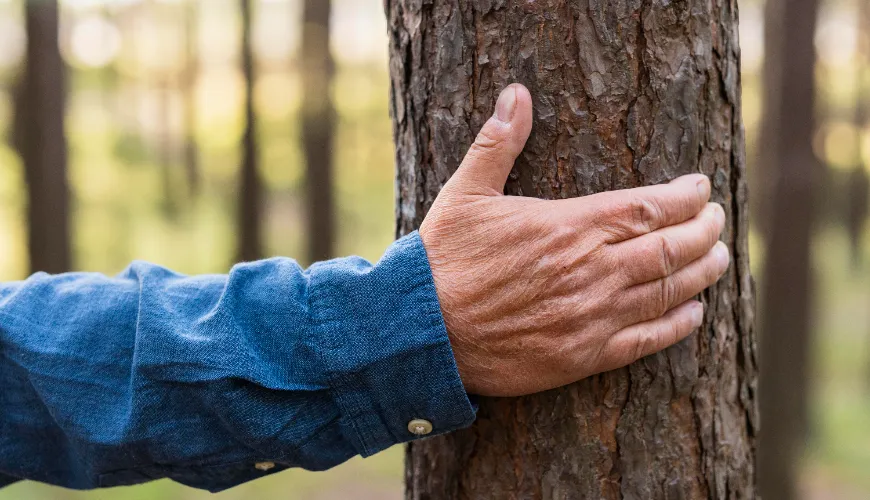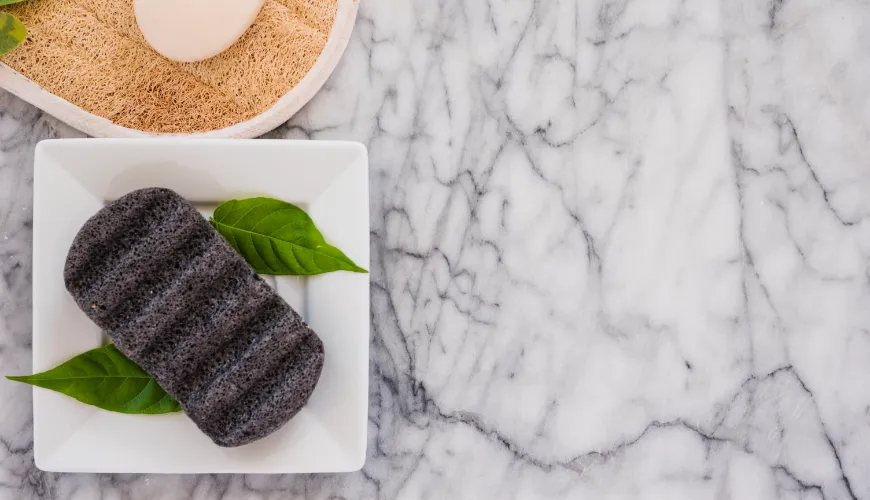
How to Clean a Gas Grill for Better Flavor and Longer Lifespan
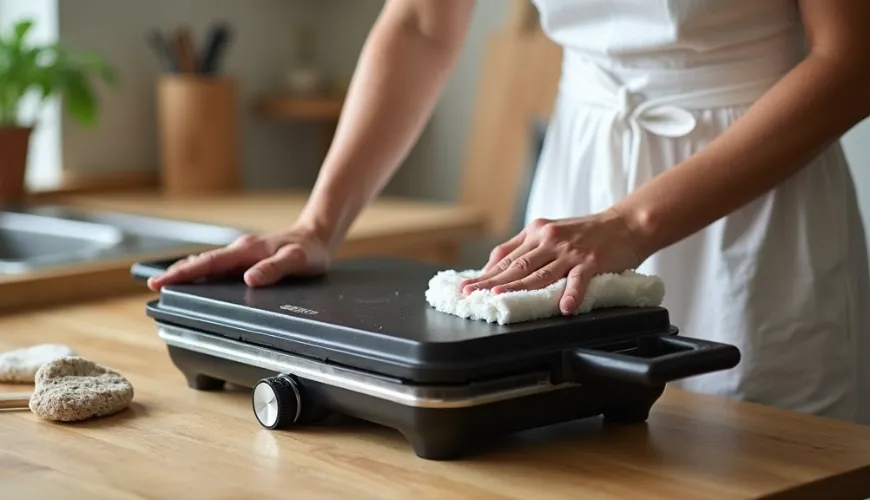
Grilling Without Harmful Substances - How to Properly Clean Your Grill and Extend Its Lifespan
Summer, sun, friends, the aroma of roasted meat or vegetables wafting from the garden – all these are inseparable from the grilling season. But while most of us enjoy the grilling itself, we often postpone the cleaning of the grill after the event or do it haphazardly. This can result in not only a shortened lifespan of the appliance but also health risks. Food residues, burnt fat, and deposits can release harmful substances when used repeatedly and spoil the taste and aroma of food.
The question is: how to properly clean the grill, whether it's gas, electric, contact, or Teflon? Each type requires a slightly different approach, but one rule applies to all: a clean grill is the foundation of safe and delicious grilling.
When and Why It's Important to Clean the Grill
The foundation of any maintenance is prevention. It's best to clean the grill immediately after use, while it's still not completely cooled down, but the deposits aren't hardened. That’s the best chance for easy removal. However, if you also put in the effort for a deep clean at least once a season, you’ll extend the grill's lifespan and ensure you’re not eating food full of soot and carcinogenic residues.
Let’s start with how to clean different types of grills without risking damage to their surface or functionality.
How to Clean a Gas Grill
Gas grills are popular due to their quick heating and easy temperature control. However, their maintenance requires care, as they contain not only grates but also burners that can easily clog.
Right after grilling, while the grill is still warm, turn it on to full power for 10–15 minutes. This will burn off food residues and fats. Once cooled, take a steel brush and gently clean the grates. If fats have settled on the walls of the grill, use warm water with a bit of natural degreaser – ideally eco-friendly, so it doesn't leave chemical residues.
Burners should be cleaned at least once a season. Remove them, clean with lukewarm water, and check for clogged holes. If so, a needle or thin wire can help. Gas grills often have removable grease trays – don’t forget to regularly empty and wash them.
A good tip? Never use aggressive chemical cleaners that could damage the grill's surface or burn off during the next grilling.
How to Clean an Electric and Contact Grill
Electric grills and their smaller counterparts – contact grills – are a common choice for households or smaller balconies. They’re easy to operate, produce no smoke, and are suitable for preparing healthier dishes. But due to the electrical components, they require a more careful approach to cleaning.
The basic rule is: never submerge an electric grill in water. If the grill has removable plates, wash them by hand or in the dishwasher (if the manufacturer allows). If not, wait for the grill to cool, then use a wooden or silicone spatula to gently scrape off baked-on food residues. Then wipe the entire surface with a cloth moistened in lukewarm water with a drop of gentle natural cleaner.
Contact grills often suffer from clogged grease drains – don’t forget to clean them, including the grease tray. Some models allow the upper and lower plates to be removed separately – this greatly eases the process.
Many people make the mistake of using metal tools or scouring pads on a Teflon or ceramic surface. This can lead to permanent damage to the non-stick layer, turning the grill into a trap for food burning.
How to Clean a Teflon Grill Without Damaging the Surface
Teflon surfaces are popular for their non-stick properties but are also among the most delicate. Once scratched, not only is their effectiveness reduced, but they can also start releasing harmful substances.
Therefore, it's important to use only soft sponges, microfiber cloths, or special brushes designed for Teflon. Again, it's best to clean as soon as possible after use. If residues harden, a warm water and baking soda wrap for several minutes can help. This gently releases baked-on deposits without scratching the surface.
For a natural alternative to common cleaners, mix baking soda with a bit of water to create a paste. Apply it to soiled areas, let it act for around 15 minutes, and then gently wipe off.
Nature Can Help Too - Natural Grill Cleaning Agents
With the growing interest in ecology, it's no surprise that more and more people are looking for ways to clean the grill without chemicals. Luckily, nature offers effective helpers. Vinegar, lemon, or baking soda – these are classics you’ll find in every pantry.
For example, a mixture of vinegar and water in a 1:1 ratio can be sprayed on the grill grate and left for several minutes. Then wipe with a sponge or cloth. Lemon juice helps remove grease and also leaves a pleasant aroma. If you need to enhance the effect, try a combination of lemon juice and salt as an abrasive paste.
Experienced gardener Mrs. Hana from Jihlava shared: “For an old cast iron grill, I never use anything but baking soda and a bit of vinegar. Not only does it work, but I also don’t have to worry about contaminating my garden with chemicals."
Try our natural products
How to Know When It's Time for a Thorough Cleaning
There are times when simply wiping the grill after each use isn’t enough. If you notice that:
- food starts sticking even on a non-stick surface,
- the grill emits an unpleasant odor,
- flames are uneven or weak (in the case of a gas grill),
- or ashes, grease, and food residues are accumulating in the grill,
… then it's time for a deep clean. In such a case, take your time, disassemble available parts, and attend to them carefully. Keep handy an old toothbrush, a wooden spatula, an eco-friendly degreaser, and patience. The result will reward you with better-tasting food and a longer lifespan for your appliance.
And what to do if you don’t want to use plastic sponges or disposable wipes? Opt for compostable cellulose sponges or bamboo fiber cloths, which are gentle on both the grill surface and the environment.
Cleaning the grill doesn’t have to be a necessary evil. If it becomes part of your routine and you choose both gentle and effective methods, you’ll protect not only your grill but also the health of your family. Whether you have a gas, electric, contact, or Teflon grill, regular maintenance means less work, better taste, and no worries about carcinogenic residues. You can then enjoy grilling to the fullest – with a clean conscience and taste.
